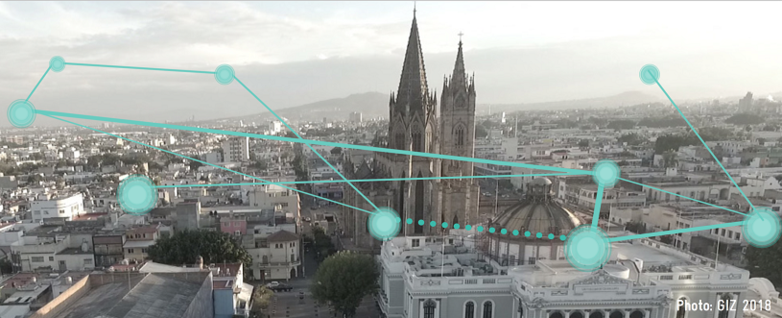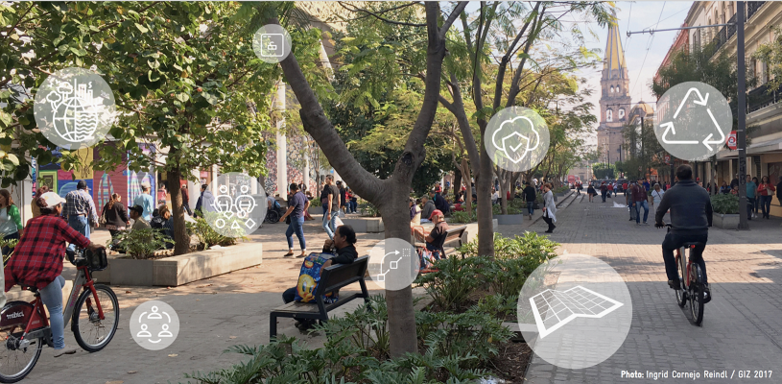Context
Information and communication technologies (ICT)-based approaches to collect, assess and simulate local climate-scenarios enable city administrations and political representatives to obtain the necessary information for developing and implementing local adaptation strategies. In crisis situations the potentials of ICT-based approaches have become apparent. Climate change particularly affects urban areas with high population and infrastructure densities. By 2050 approximately 66 per cent of the world population will live in cities, thus increasing the importance of climate change adaptation for cities and metropolitan regions. National strategies are already taking climate change into account. In many cases, however, data is not available, which makes it difficult for cities to implement adaption strategies. Moreover, public institutions often lack the capacities to utilise these technologies and the necessary involvement of civil society in the existing governance, planning and crisis management structures.
Objective
Cities utilize information and communication technologies (ICT) to strengthen their climate resilience.


